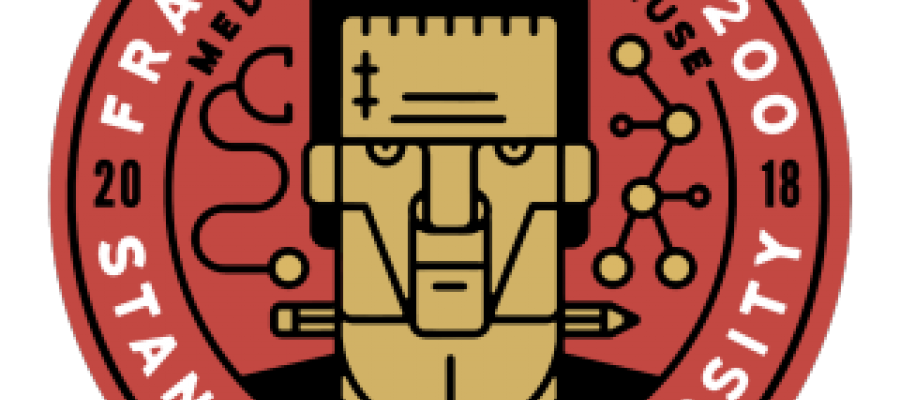Philosophy and Literature
Oct 27, 2007What can we learn from studying philosophy? What can we learn from reading great (or not-so-great) literature?

It's been 200 years since we've been captivated by Mary Shelley's tale of a man creating a living being. From the moment the creature is "born," its creator, Victor Frankenstein, calls it a monster.
But why call it a monster? Because of its ugliness? Better yet, why did the outcome of Frankenstein's prized experiment have to turn out so repulsive?
This podcast explores among other things the possibility that Frankenstein's education was monstruous to begin with, and hence, anything produced from such monstrous foundation was equally monstrous.
Frankenstein was fascinated with the natural sciences, and especially influenced by chemistry and alchemy. In turn, he distanced himself from more humanistic subjects. Is education devoid of the humanities monstrous?
Listen here: https://partiallyexaminedlife.com/2018/01/30/combat-classics-15-mary-she...
And come to the LIVE taping of "Monstrous Technologies" on the Stanford campus this Tuesday at 7:30pm, where Josh and Ken talk with Provost Persis Drell about the role education plays in preventing new "monsters." It's part of Stanford's Frankenstein@200 celebration.
Comments (2)
Harold G. Neuman
Thursday, February 22, 2018 -- 11:36 AM
It was a morality tale: don'tIt was a morality tale: don't mess with Mother Nature. She will come back to bite you in the butt. Several times.
Josh Landy
Thursday, February 22, 2018 -- 6:49 PM
It's well worth rereadingIt's well worth rereading this fantastic novel, which, as I see it, turns out to be much more sophisticated than just a simple morality tale. Even leaving aside the brilliant experimentation with form (letters inside a story inside a story inside a story inside a diary), it's wonderfully ambiguous on the question of "messing with nature." There's a lot of messing with nature in the novel that comes across as harmless or indeed beneficial. The Creature famously refers to language as a "godlike science"; he loves reading printed books; he appreciates the heat of a human-made fire (so much for Prometheus being all bad!); and at one point he even refers to Victor Frankenstein as "the select specimen of all that is worthy of love and admiration." It's this richness and complexity that make Frankenstein one of the great novels of the nineteenth century.